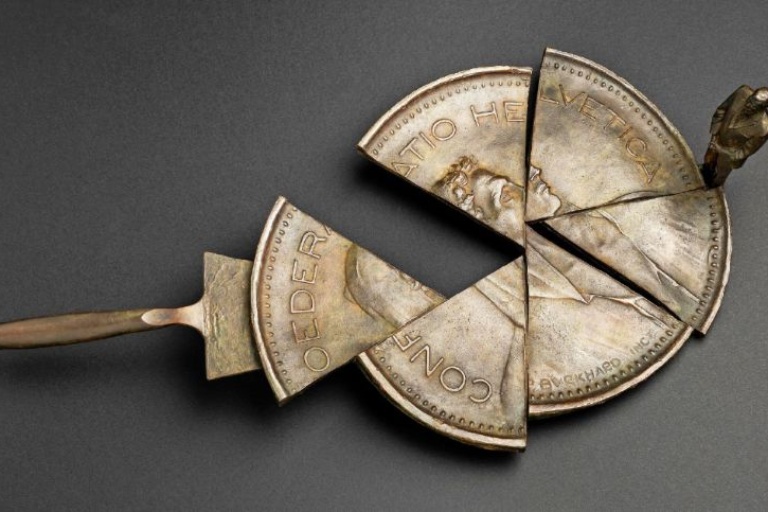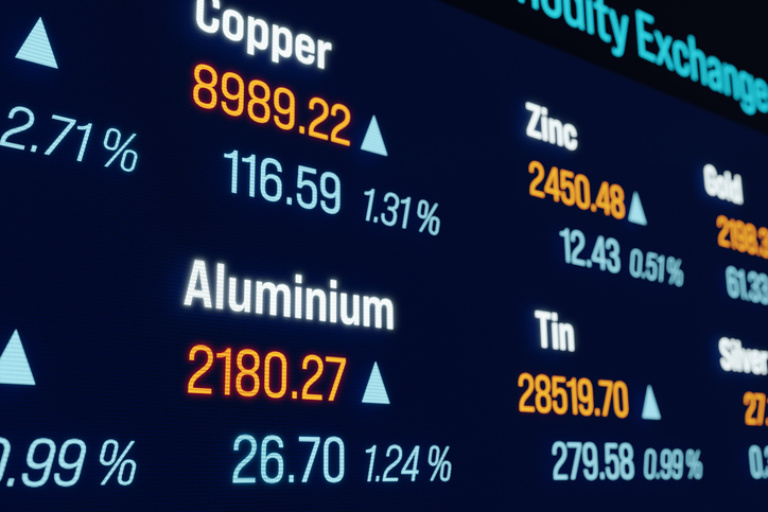Swiss pharmaceutical industry facing political headwinds
The pharmaceutical industry is currently high on Donald Trump's list of priorities. He wants more production and jobs in the US, as well as lower drug prices. As a means of exerting pressure, he is threatening to impose price caps and introduce tariffs on drugs. These goals are, of course, contradictory, which is causing even more uncertainty.
- Despite remaining customs exemptions, price caps threaten margins
- Pressure on large pharmaceutical companies to support with investments
- Weight in portfolio reduced
A strict cap on US drug prices at the international level would be far worse for the industry than tariffs and could permanently reduce the margins of pharmaceutical companies. The pharmaceutical industry knows that there are little legal means to enforce lower prices and is therefore playing for time. But Trump is trying to assert himself in an unconventional way and deliver on his election promise before the midterms. Current talks on price caps are taking place behind closed doors. It seems that they are still a long way from Trump’s ideas. Ultimately, both sides should be interested in finding a solution.
Double pressure on Swiss pharmaceutical companies
The situation is new and particularly explosive for Swiss pharmaceutical companies. The Federal Council’s renegotiations have so far failed to produce anything concrete. Although pharmaceutical products are currently still exempt from the new tariffs, they have nevertheless become the focus of discussion.
Novartis and Roche are particularly in the spotlight because additional pressure is coming from Switzerland to commit to investments in support of a solution to the customs dispute with the US. While Swiss pharmaceutical companies are able to cope with customs duties to a certain extent (and are currently still exempt), other industries are under pressure. This makes the issue particularly sensitive for Switzerland.
Implications for investors
We hold pharmaceutical stocks for defensive reasons. They are seeing rising demand, reasonable valuations and high dividends. They are largely independent of the economic cycle and benefit from the structural trend towards an ageing population. However, these defensive factors have been overshadowed by political uncertainty, and the situation is likely to escalate further over the coming weeks and months before (as we expect) calming down again.
A quick resolution to the tariff dispute between the US and Switzerland would ease the pressure on Swiss pharmaceutical stocks somewhat. Nevertheless, the question of price caps would remain unresolved.
In a worst-case scenario with strict price caps on drugs, the high margins of pharmaceutical companies would be at risk. There is currently little to suggest that investors will engage in this sector in the short term, despite comparatively low valuations. Although we still do not expect a worst-case scenario, we have reduced our overweight position in the healthcare sector, particularly in large-cap pharmaceutical stocks in Switzerland. Within the healthcare segment, there are stocks that are currently not or hardly affected by the customs and drug price debate. We continue to find these attractive.






